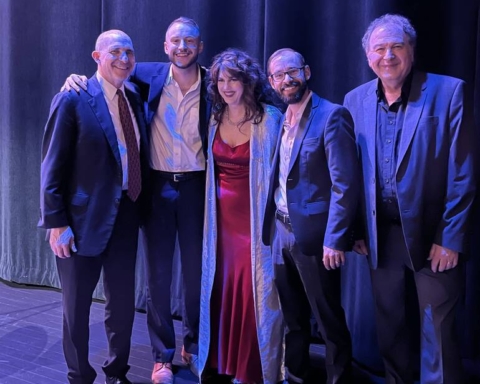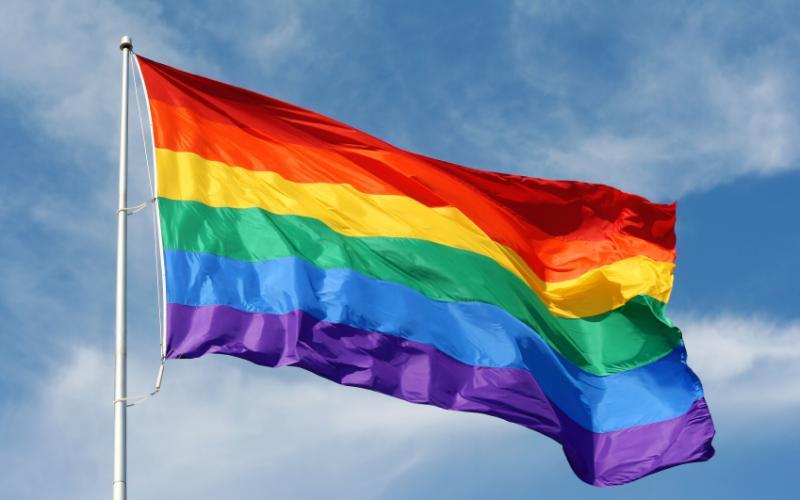By Bri Roberts
Contributing Writer
In the Oct. 31 edition of The Bona Venture, Hannah Gordon wrote an article titled, “Spectrum doesn’t exclude asexuals.” Spectrum, St. Bonaventure’s LGBTQIA+ organization, has ruffled a few feathers in their attempt to publicize their club while celebrating Ally Week last week.
At first, several students voiced their concerns because of a misunderstanding of the term “ally.” Traditionally, it has been used to refer to straight advocates for sexuality/gender rights.
In other words, allies are usually thought of as existing outside of the queer community. However, Emily Jo Manchester, president of Spectrum, defines an ally as, “anyone who is advocating for a marginalized group,” whether or not they belong to that group.
Other concerns center on the erasure of Asexuality Awareness Week. Although asexual individuals represent the A in the community that Spectrum supposedly represents, no public mention of the awareness week was made by the club as a whole.
Apparently, some parts of the spectrum are more important than others. Critiques of the club were met mostly with defensive comments from members and the aforementioned article on why Spectrum doesn’t exclude asexual individuals.
For those wondering and left ignorant by Gordon’s article, asexuality is defined as a lack of sexual attraction. Like most other things dealing with gender, sex, and sexuality, there is a spectrum of asexuality.
Some asexual people have no sex drive. Some experience sexual arousal, but no desire to act upon it. Demisexuals, who fall under the asexual umbrella, only experience sexual attraction after an emotional bond has been formed, according to the Asexual Visibility and Education Network.
The main problem faced by the asexual community is visibility. Spectrum, as the SBU sexuality advocacy group, should have raised awareness for asexual students in the campus community during Ally Week, since, as Manchester said, “I do feel that I can advocate for people that need other people to advocate for them.”
Nina Lapres, an asexual sophomore English major, wasn’t offended by the lack of asexual education because she thinks it isn’t something a lot of people are aware of.
“I think Spectrum may have something to do with that,” Lapres said. “I don’t know if the members of Spectrum know what it is either.”
Although Lapres forgives them, it’s Spectrum’s job as a LGBTQIA+ organization to know what asexuality is and to educate the Bonaventure community.
Julia Andretta, a senior English major who also identifies as asexual, finds Spectrum’s members’ defensive reactions to negative comments made about Ally Week disrespectful.
“If an asexual person tells you they feel erased because you’ve made Asexual Awareness Week into ‘Ally Week,’ the asexual person is right,” Andretta said. “The only people who get to decide what’s offensive or what’s erasure are the members of that marginalized community.”
According to Sean Conklin, Spectrum’s club adviser, because no one brought up concerns about asexuality in the planning of Ally Week specifically, they forged on.
“If you’re feeling underrepresented and we don’t know about it, we don’t know how to correct it,” Conklin said.
However, I have brought up concerns about asexual visibility to Spectrum twice this past year, both in person and through their Facebook page; nothing has been done yet.
Conklin said Spectrum could host asexual-focused events in the future, and Manchester said that an officer’s meeting would focus on recent critiques of the club. Lapres, who reached out to Manchester last week to plan future events has heard nothing in response from her.
Spectrum suffers from lack of membership this year, perhaps caused by their reaction to critique from critically-minded members of the community they claim to represent.









